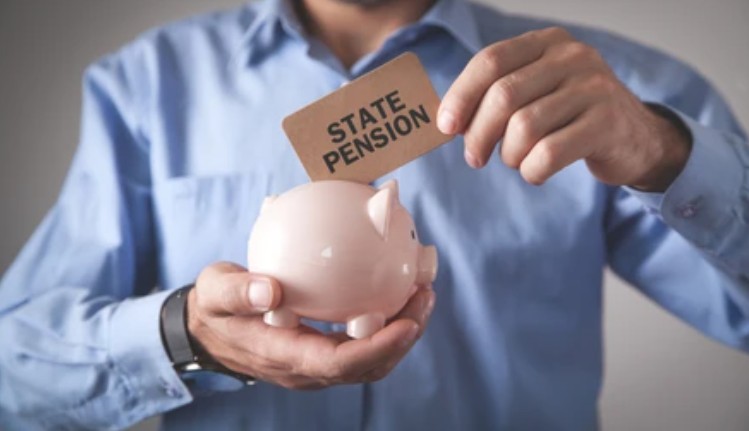UK State Pension Set for 4.7% Triple Lock Increase: What It Means for Pensioners
UK pensioners could see their weekly state pension rise by nearly £11 next April, thanks to the triple lock system.
The full new state pension is anticipated to reach£ 241 a week, or£ 12,534 a year, according to the latest pay envelope growth data.
The proposed 4.7% increase, equating to a redundant £560 a time, will need formal evidence from the government.
The advertisement is likely to reignite debates about whether the triadic cinch, introduced in 2011, is sustainable in the long term.
Questions are also arising about the standard duty-free particular allowance, presently£ 12,570, as further pensioners could edge into the duty net.
What is the Triple Lock?
The triple lock ensures that the state pension rises each April by whichever is highest:
- Inflation, measured by consumer price inflation (CPI) for the previous September
- Average annual wage growth
- 2.5%
It was first introduced by the coalition government in 2011, aiming to cover pensioners from the effects of inflation and stagnating stipend.
How Many Pensioners Will Benefit?
Nearly 13.1 million people currently receive a state pension, according to the Department for Work and Pensions. Most, around 8.4 million, are on the old basic state pension.
Eligibility differs by age. Men born before 6 April 1951 and women born before 6 April 1953 are entitled to the old pension.
Anyone born after these dates claims the new state pension, presently£ 230.25 a week. The government stresses that direct comparisons between the two pensions are delicate.
Under the old system, some pensioners could receive fresh payments based on their National Insurance benefits, potentially boosting their daily income by over£ 200 on top of the introductory state pension.
What Could the Rise Look Like?
Grounded on recent numbers from the Office for National Statistics, periodic earnings growth from May to July reached 4.7.
While September’s affectation numbers are still pending, they’re anticipated to be lower, making the earnings growth the likely driver for the increase.
If confirmed, the rise would push:
- Full basic state pension to £184.75 per week (£9,607 a year)
- Full new state pension to £241.05 per week (£12,534.60 a year)
The government is expected to confirm the official increase ahead of the budget on 26 November.
Is the Triple Lock Under Pressure?
The triadic cinch has long sparked debate. Critics argue it’s unsustainable and illegal to youngish generations, who may face rising levies to fund aged people.
The Institute for Fiscal Studies and the Office for Budget Responsibility have both highlighted its high cost and long-term challenges.
Supporters insist the triple lock is essential to maintain pension value, especially for those without private workplace pensions.
Many current workers expect the state pension to be their main or only source of retirement income.
Future of the Triple Lock
Work and Pensions Secretary Pat McFadden recently confirmed the government remains committed to the triple lock for this parliamentary term.
David Brooks, head of policy at Broadstone, noted: “Increasingly, the debate appears to be framed as triple lock or nothing when it comes to increasing the state pension.
But most would consider it fair that the state pension should increase, and the government has repeatedly committed to it for the remainder of this parliament.”
Former pensions minister Steve Webb added: “Indeed, we know for certain that someone who has no other income aside from the new state pension will be a taxpayer come April 2027.
It is already the case that nearly three-quarters of all pensioners pay income tax, and the ongoing freeze in tax thresholds coupled with steady rises in the pension will drag more and more into the tax net.”
The debate now focuses on whether future increases should follow wage growth or inflation, rather than whether pensioners should see a rise at all. Many pensioners may also want to review their income tax position on pensions to avoid surprises.






